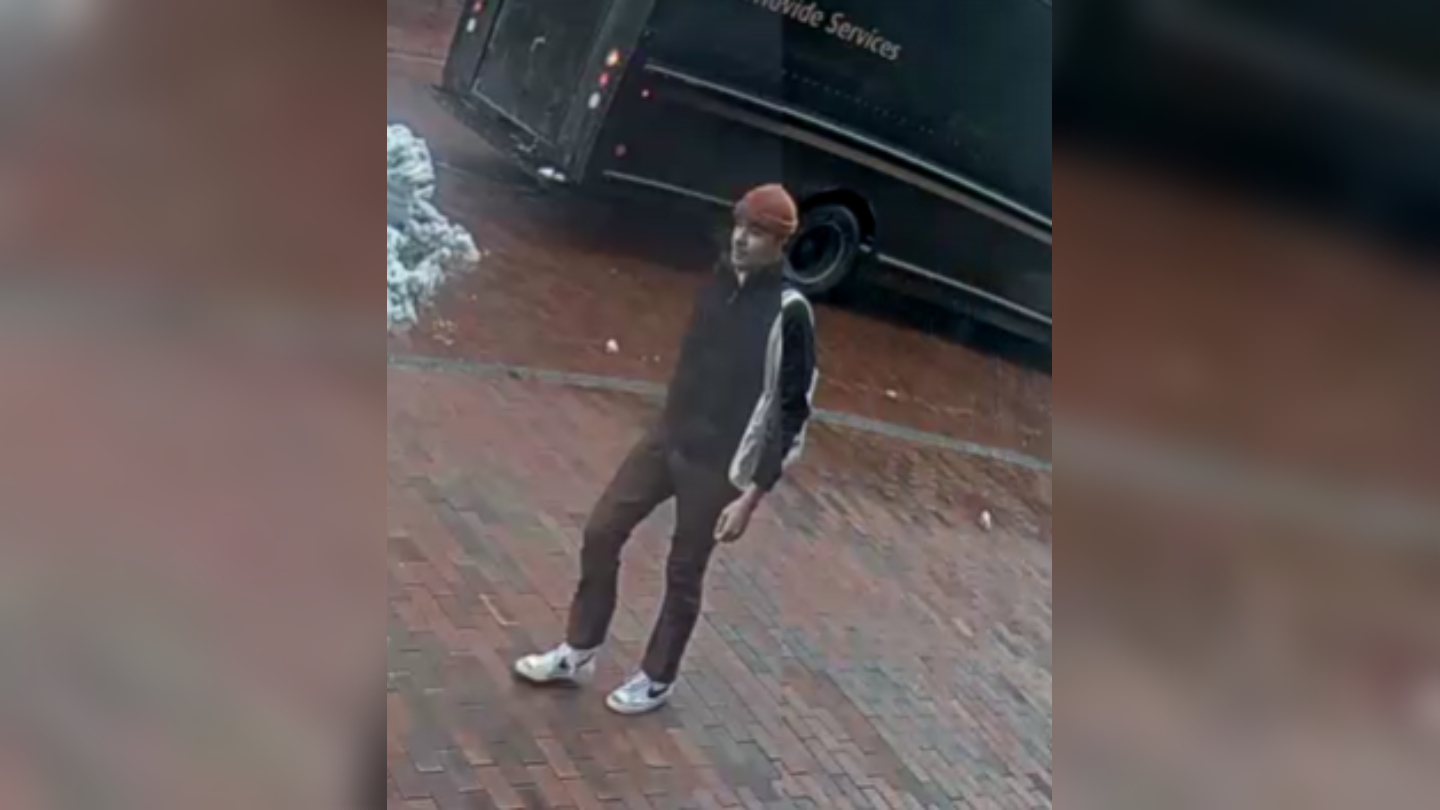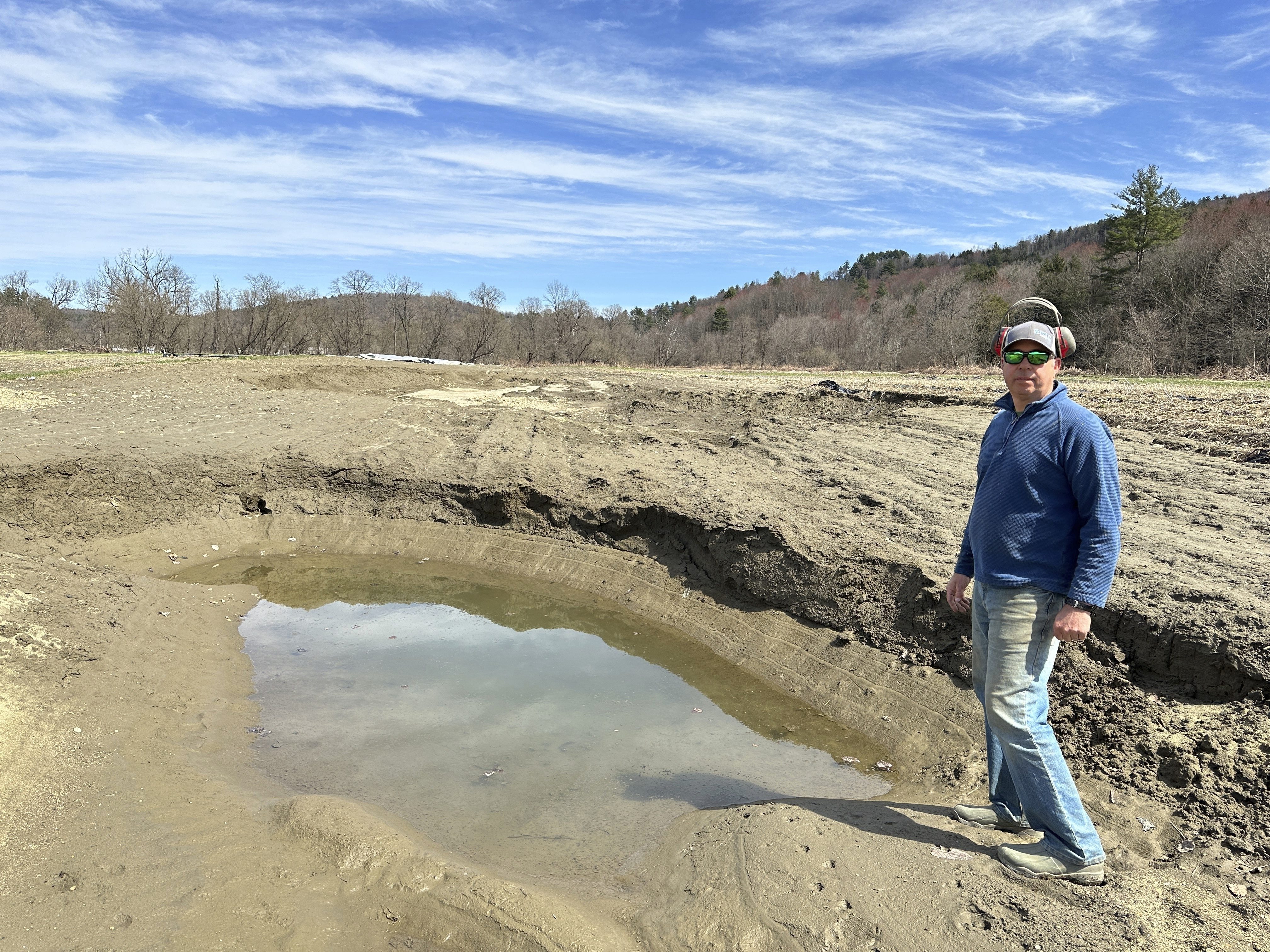Vermont Gov. Phil Scott used his veto authority Wednesday to block marijuana legalization from becoming law in his state, but he did so with a tone that was more “not now” than an outright “no”.
“Things have shifted—the tide has shifted,” Scott said of perceptions in the United States of cannabis use. “We can move forward with this discussion.”
Scott vetoed a bill that would’ve allowed people 21-and-up in his state to possess small amounts of recreational pot starting in July 2018, as well a handful of marijuana plants at home for personal use.
The bill would’ve also set up a committee to study the tax-and-regulate system states including Massachusetts and Maine are embarking on.
However, Scott said he just can’t back the package yet; not until he sees several public health and safety steps taken.
Those extra steps the governor wants to see the Vermont Legislature address include stronger penalties for smoking and driving, and protections for kids against second-hand smoke.
In describing his reasons for the veto, the first-term governor also said he wants assurances that the Vermont Department of Public Safety, the Vermont Department of Health, and the Vermont Department of Taxes will all be represented on the commission studying regulated retail operations. Additionally, Scott wants drug prevention and treatment experts represented on that committee.
Vermont
The latest news from around the state
“We can all work together on this issue in a thoughtful and responsible way,” Scott said in reference to his willingness to reconsider a new bill from lawmakers after they address his concerns.
Marijuana reform advocates are now redoubling their efforts.
“I think prohibition has already gone on far too long,” said Laura Subin of the Vermont Coalition to Regulate Marijuana. “Vermonters want to see marijuana policy reform happen, and we're encouraged that there's a pathway forward.”
According to a recent study from the RAND Corporation, an estimated 80,000 people living in Vermont regularly use marijuana.
Scott revealed to necn that he is friends with several of them, though he said he has personally never smoked marijuana.
“I have not... no.” the governor said in response to a question from necn. “It's not that I haven't been exposed to it, because I have a lot of friends that [use marijuana], I just never have.”
The governor said his friends who smoke marijuana have indicated that they would likely continue growing plants at home or buying on the black market, even though doing so is not currently legal.
The governor said he tends to have a Libertarian streak when it comes to believing people should have a right to do what they want in the privacy of their own homes, but said his veto of this bill was appropriate because it is critical to see added protections for drivers, children, innocent people, and public health in general.
The Vermont chapter of the American Academy of Pediatrics cheered Scott’s veto.
“As numerous health experts testified throughout the legislative session, legalizing recreational marijuana would have created substantial risks to the health and development of Vermont’s children and adolescents, and normalized use of the drug in ways that had great potential to increase youth use rates,” the AAPVT said in a written statement Wednesday.
Vermont Lt. Gov. David Zuckerman is a longtime advocate for marijuana reform.
“I am sad to see the Governor disregard the will of most Vermonters and reduce individual liberties in our state,” Zuckerman said in a written statement. “Vermont is now lagging behind other states in the region and is missing opportunities to capture revenue from an underground market that would allow us to address highway safety, drug education and treatment, and other needed state investments to reduce the temptation of drug use.”
Lawmakers are scheduled to return to the Statehouse next month to work on several unsettled budget issues. Following Scott’s veto, it looks like they now have something else on their to-do list.
Rep. Don Turner, the leader of the Republican caucus in the Vermont House of Representatives, said Wednesday he thinks the implications of marijuana reform are too far-reaching to be dealt with in a brief summer session of the legislature, so Turner would rather see work started anew in January 2018.



